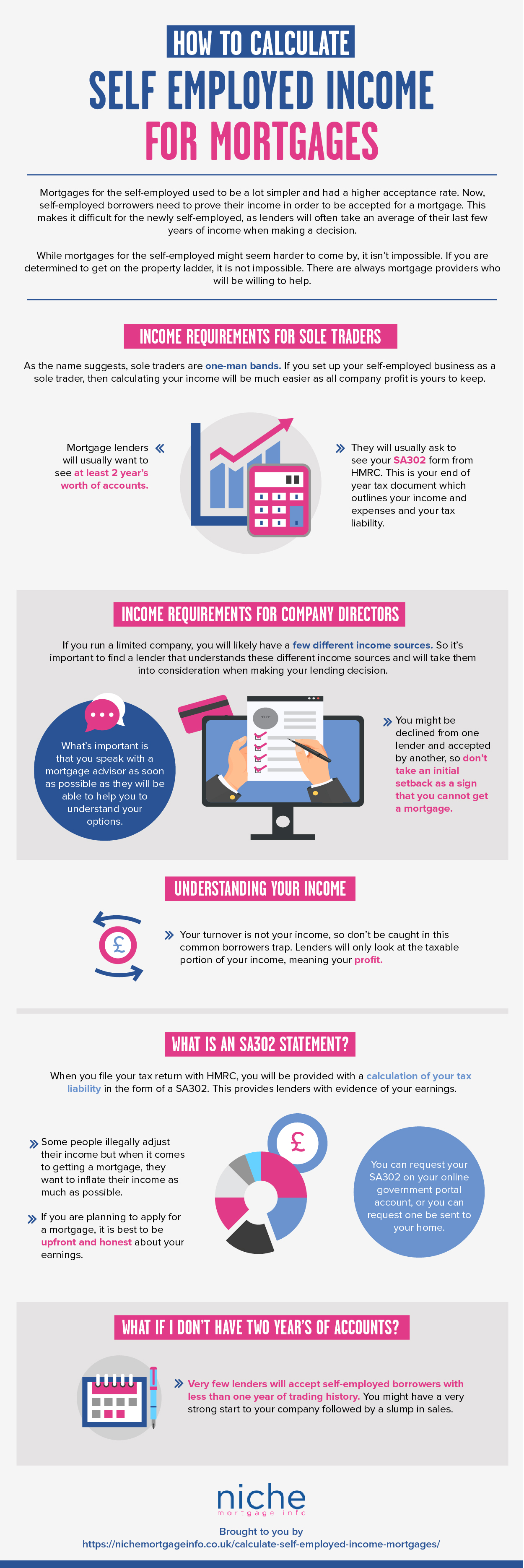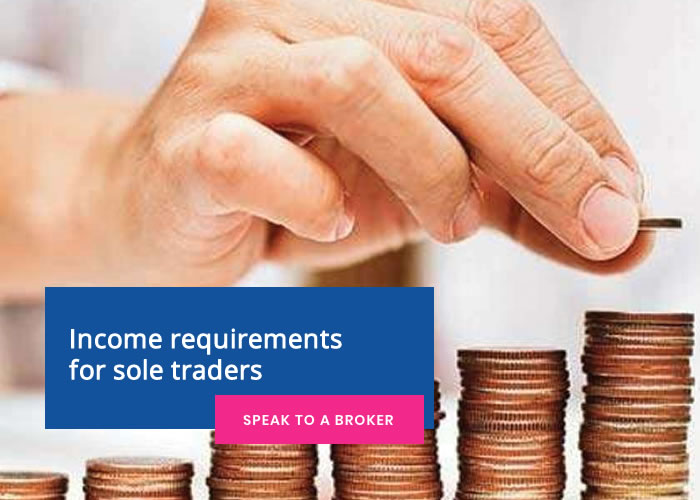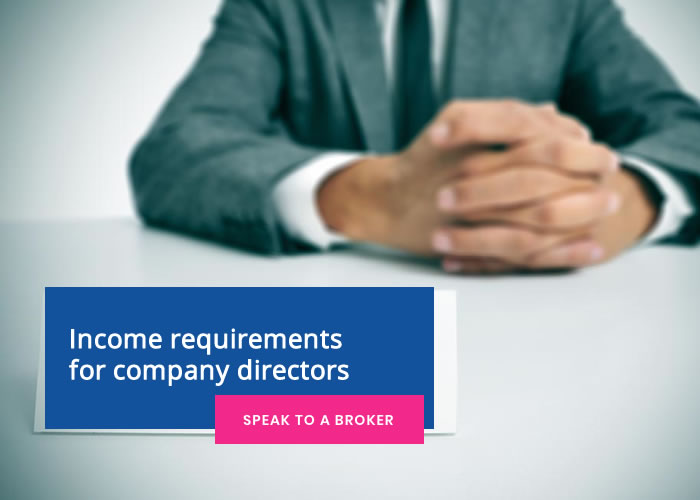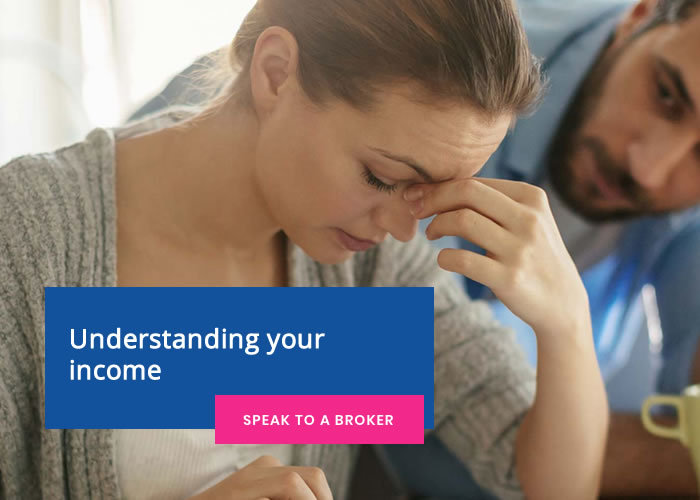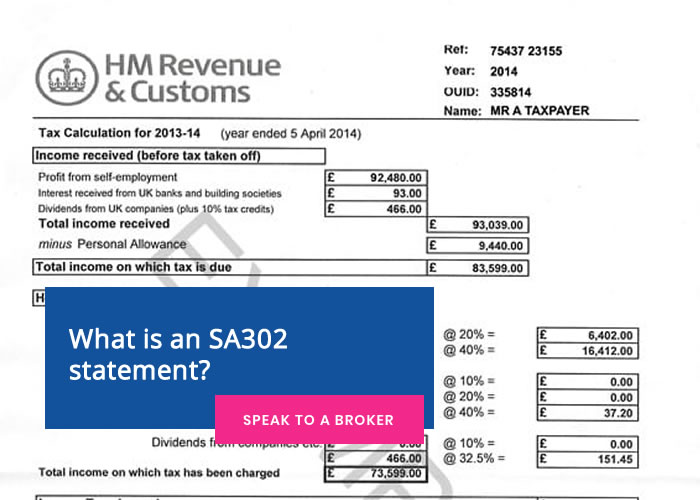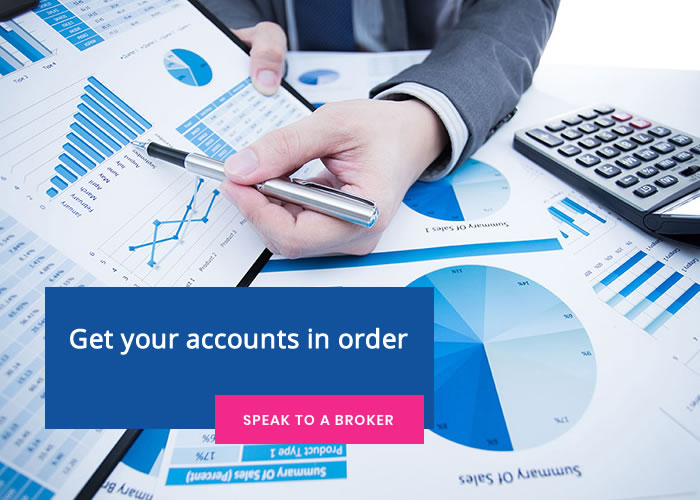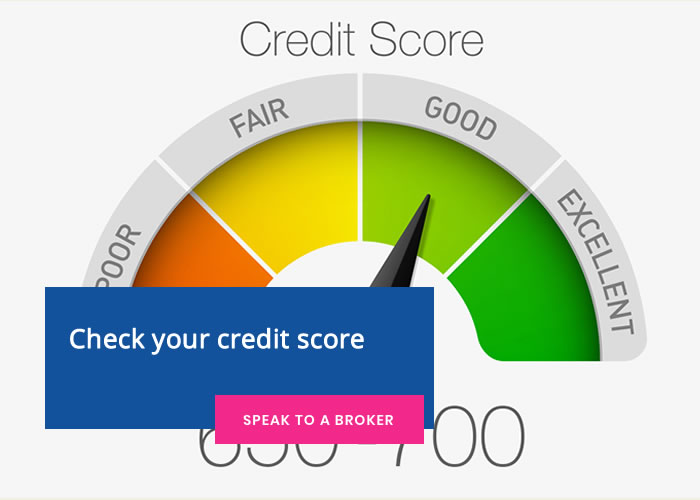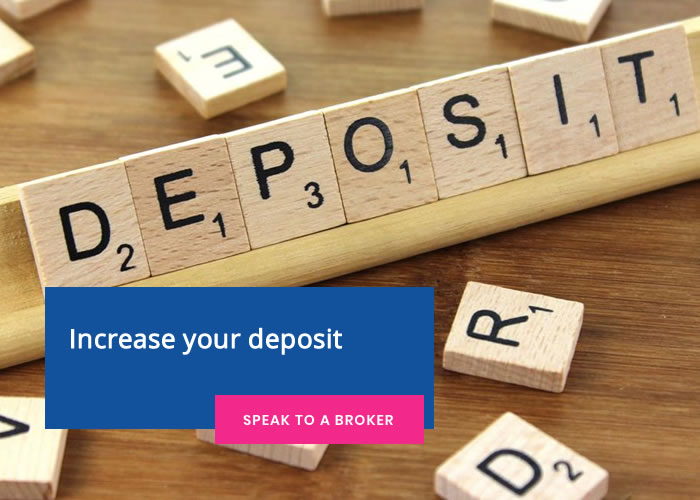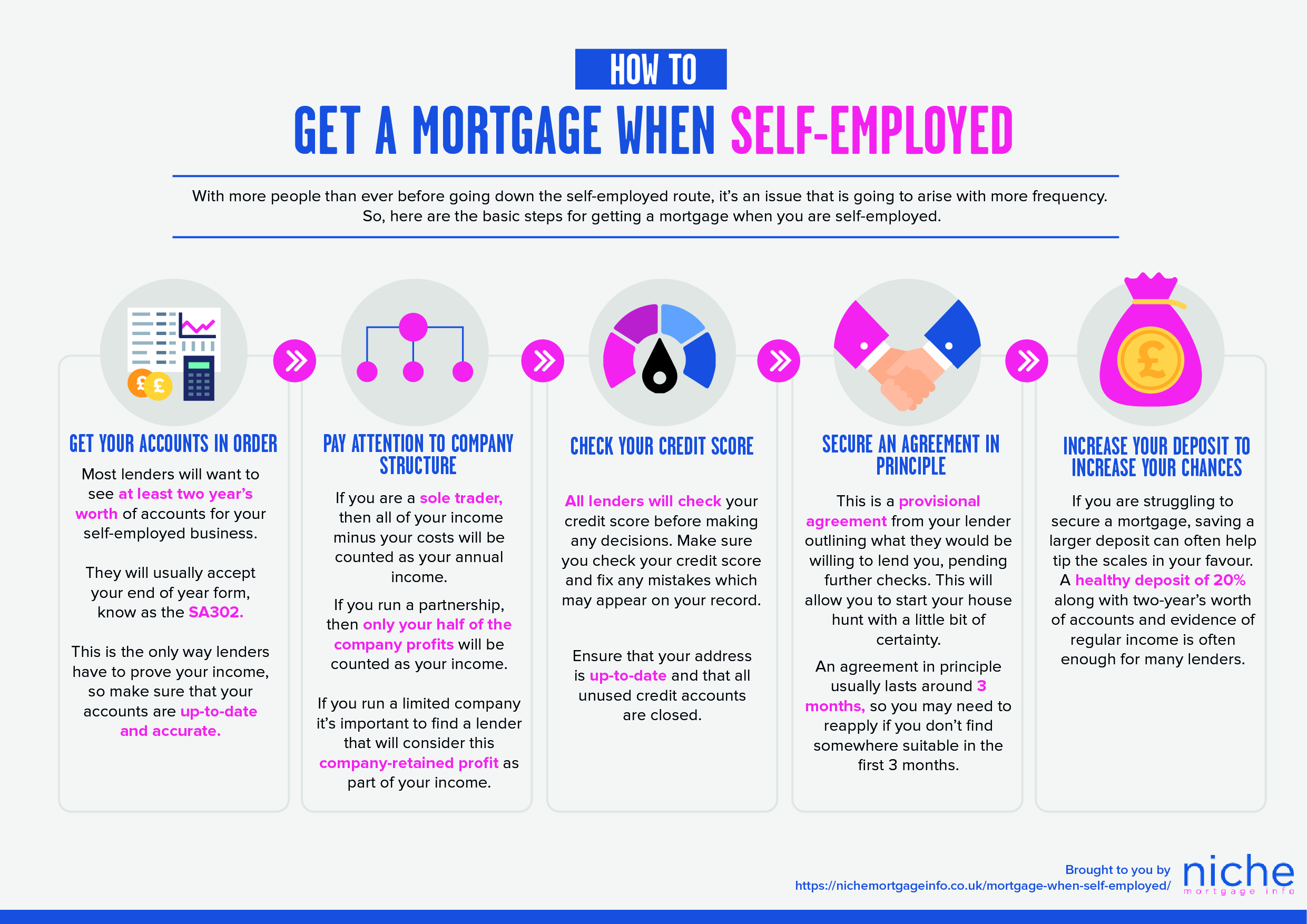How to Prepare for a Mortgage
When it comes to buying property, it isn’t as simple as handpicking a home that falls in line with your budget. In many cases, you must get “credit ready” before looking into various mortgage options.
To start off, you need to paint your borrowing history in a positive light so that mortgage lenders can work with you without hesitation.
Here are steps to help you prepare for a mortgage:
Registered Voter
- Lenders need to confirm your postal address and for this purpose, you must be registered on the electoral roll. This also helps the lender track down your credit history when the need arises.
- Unless you’re registered, it’s quite unlikely that the lender will process your application due to not having enough information.
Credit Applications – Be Selective
- Too many rejected credit applications are going to look bad when you apply for a mortgage. This will 100% suggest to the mortgage lender that you’re simply not ‘credit worthy’ or that you’re desperately trying to get your hands on any mortgage you can find – which will raise a lot of eyebrows so as to whether you can repay your mortgage.
Take a Close Look at Credit History and Score
- You should check your credit browsing history and score ahead of time. Lenders expect correct information regarding your ability to make mortgage repayments – therefore, you need to deal with any inaccuracies in advance.
- Furthermore, a low credit score will reduce your ‘credit worthiness’ in the eyes of lenders. So before you make a mortgage application, determine what credit habits you can improve in order to bring up your credit score.
- With that said, credit scoring bands may vary between credit reference agencies. Do your research or hire a Mortgage Advisor.
Cut Down Debt-to-income Ratio
- As you might imagine, this is the ratio of debt in relation to your income. The higher your debt, the higher this ratio is.
- Lenders will always prefer applicants with a lower debt-to-income ratio because this tells them that they are capable enough to make the mortgage repayments on time each month.
Eliminate Unnecessary Borrowing
- Six months prior to taking a mortgage, it is never a good idea to open up new credit lines. This will inevitably increase the debt-to-income ratio, which again, will reflect adversely on how capable you are when it comes to repaying mortgage loans.
Don’t Close Older Credit Accounts
- We don’t want to close these off because they can show lenders that, in the past, you have successfully made repayments over a certain time frame.
- Inactive accounts, on the other hand, should be closed as that would indicate to lenders that you have a lot of credit lying around that you don’t need.
Pay Your Bills on Time
Before filling out your mortgage application, make sure that all bills are paid on time even if your credit history looks healthy.
- Since borrowing records are persistent, any shortcomings in terms of bill payments might signal a red flag and cause the lender to cast doubt on your ability to make mortgage repayments.
Get Rid of Outdated Financial Associations
- Your financial associations can negatively affect your chances of obtaining a loan. For instance, you may have had a financial association for paying bills with a separated spouse or a joint account with a former housemate.
- You need to end this association because their borrowing habits in the near future might impact your credit applications.
Run a Check on All Joint Applicants
- If it’s a joint mortgage application you’re making, the credit worthiness of everyone involved comes into play. Lenders are going to take everyone’s credit history into account before agreeing to offer you a mortgage.

